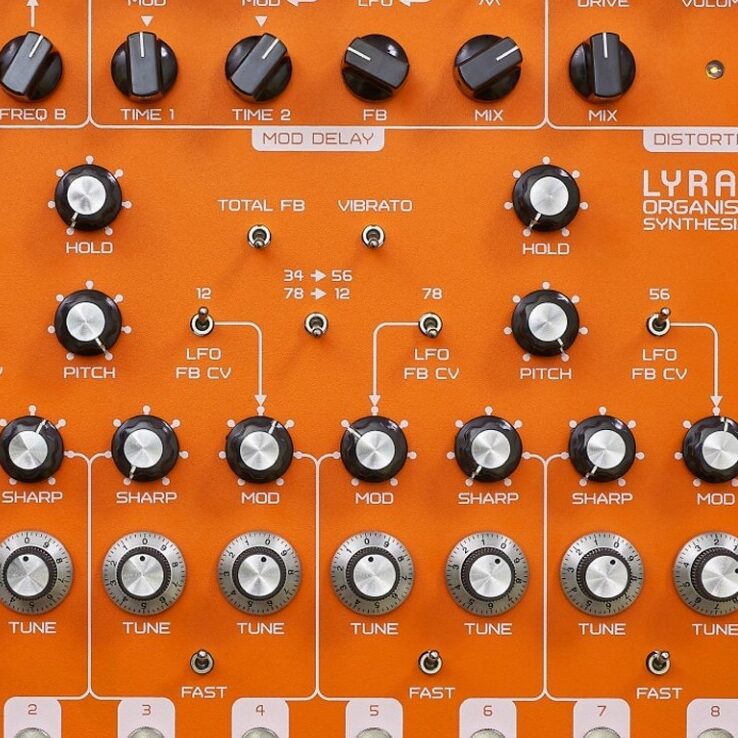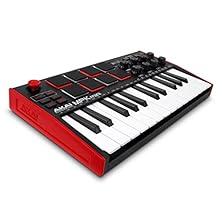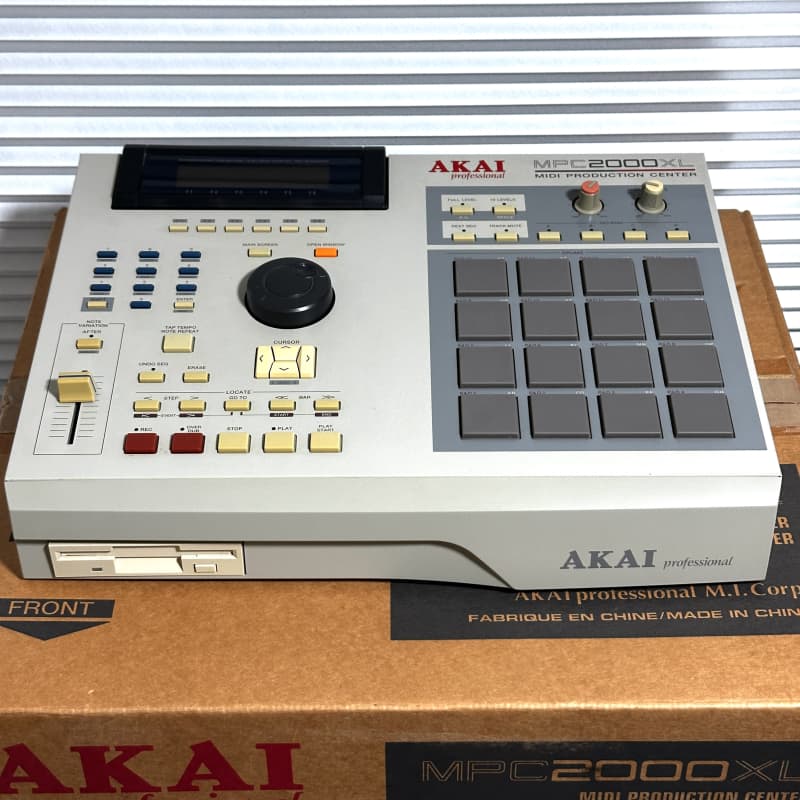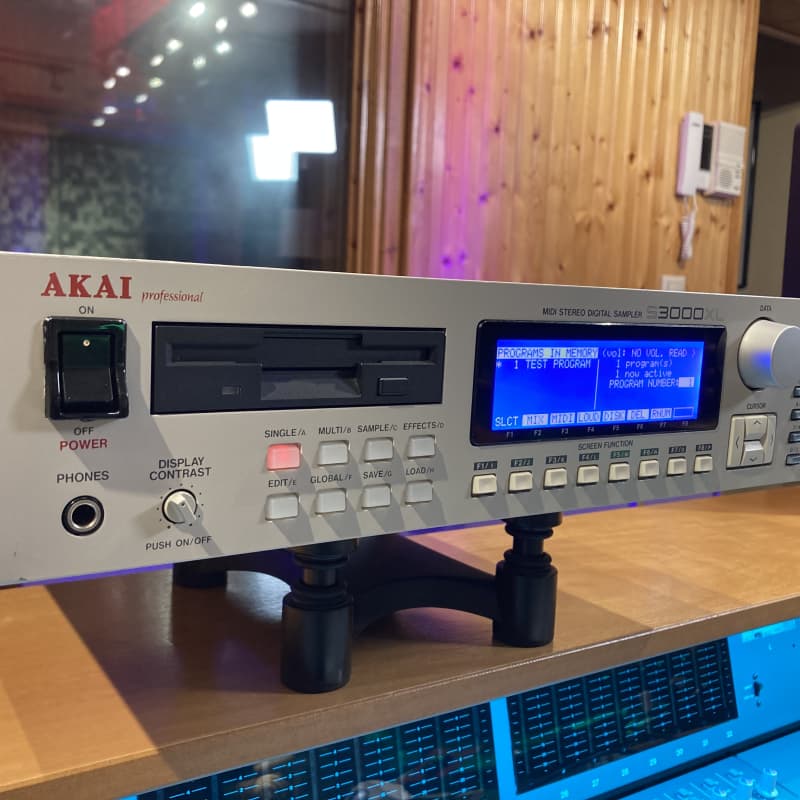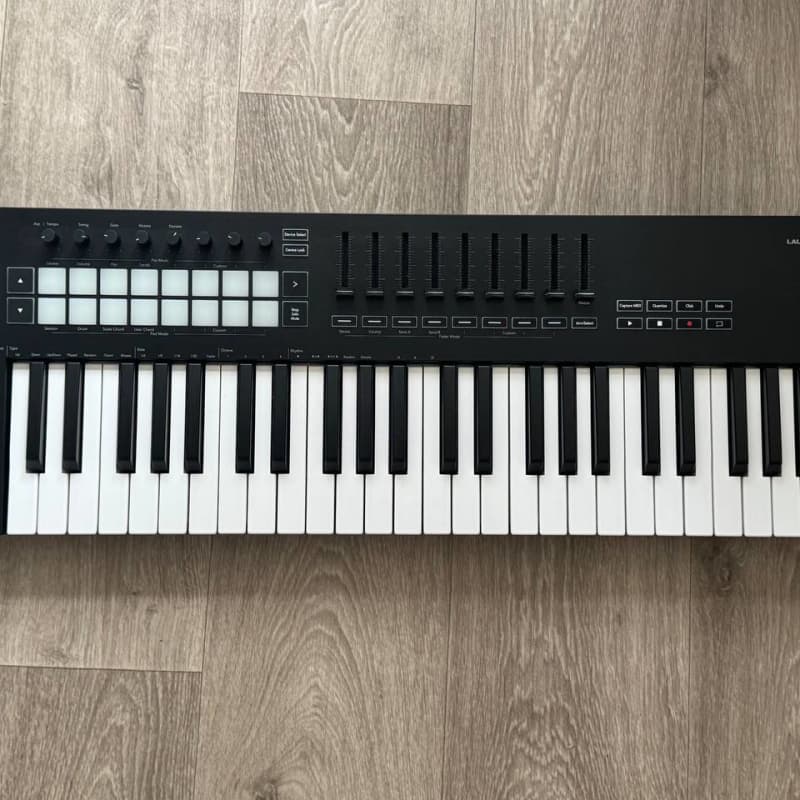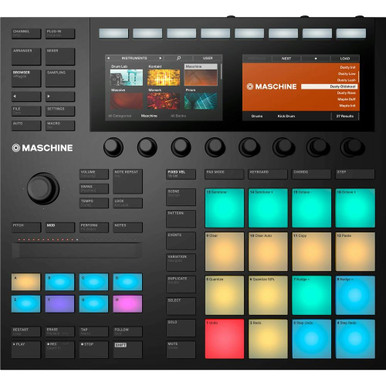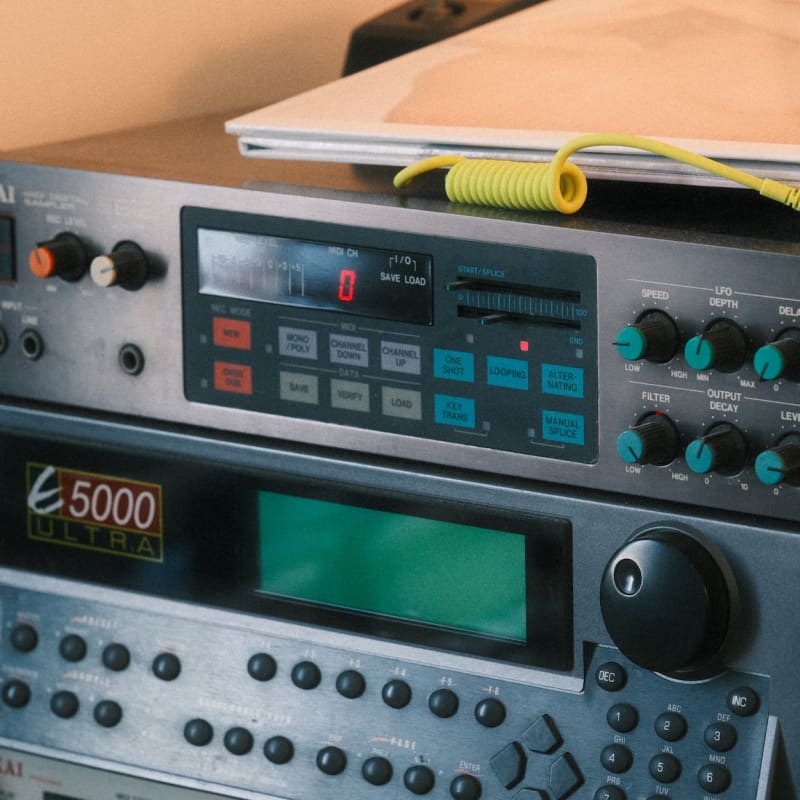Keyboards and pianos cover a wide range of instruments designed for learning, creativity and performance. From portable keyboards with built-in sounds and rhythms to full digital pianos with weighted keys and authentic feel, they suit beginners and experienced players alike. Whether you are writing music, practising at home or playing live, keyboards and pianos offer flexible ways to explore melody, harmony and expression.
Second hand gear on our site gives you the chance to explore instruments and equipment that have already been played and appreciated. You may see signs of use, but each item is chosen for usability and character, offering a more affordable way to try something new or find a discontinued favourite. If you enjoy gear with history and value, second hand pieces can be a rewarding addition to your setup.
The Important stuff
MIDI — MIDI is a digital control standard used to transmit performance and control data between electronic instruments, computers, and hardware devices. It carries information such as note data, velocity, timing, and parameter changes rather than audio, allowing instruments and software to communicate, stay in sync, and control each other. MIDI is fundamental to modern music production, sequencing, and live performance setups..
